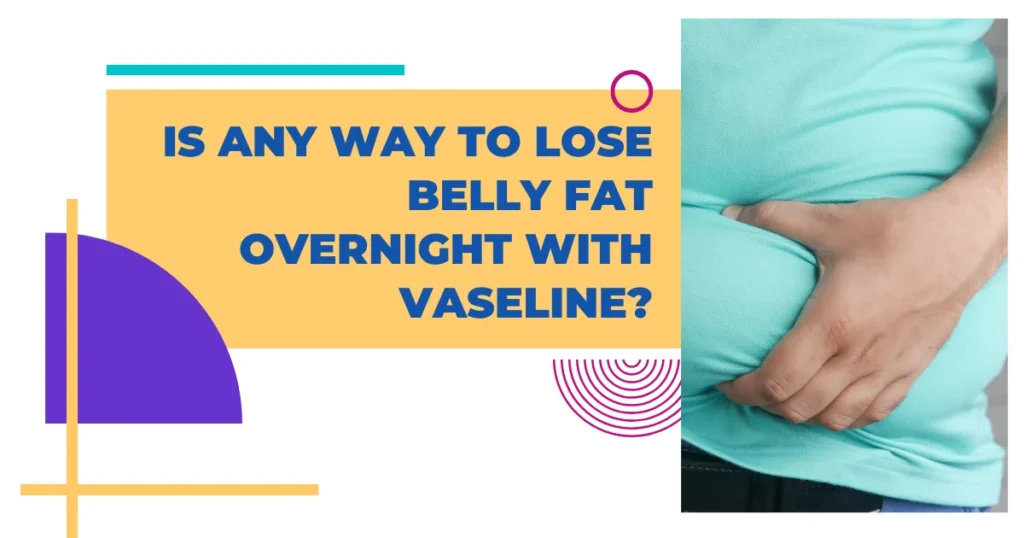Table of Contents
ToggleIntroduction:
High blood pressure, also known as hypertension, is a common condition that can be exacerbated by stress and a busy lifestyle. However, there are several effective ways to manage stress and keep your blood pressure under control.
Introduction: In today’s fast-paced and demanding world, stress has become an inevitable part of our lives. Unfortunately, this stress often leads to high blood pressure, a silent killer that affects millions worldwide.
In this article, we will explore the link between stress, busy lifestyles, and high blood pressure. More importantly, we will provide you with practical tips and strategies to combat stress and take control of your health.

Understanding the Connection High Blood Pressure Due to Stress
:
Stress triggers the release of hormones like adrenaline and cortisol, which temporarily elevate blood pressure. However, prolonged periods of stress can lead to chronically high blood pressure, increasing the risk of heart disease, stroke, and other serious health conditions. Busy lifestyles often contribute to stress levels, making it crucial to find effective ways to manage and reduce stress.
Recognizing the Signs and Symptoms of High Blood Pressure (hypertension)
Most people with high blood pressure have no signs or symptoms, which is why it’s often called the “silent killer. The only way to know if you have high blood pressure is to have it measured by a healthcare professional.However, when blood pressure reaches a hypertensive crisis stage (usually 180/120 mmHg or higher), some people may experience symptoms like:
- Severe headaches
- Chest pain
- Dizziness
- Difficulty breathing
- Nausea and vomiting
- Blurred vision
- Anxiety
- Confusion
- Buzzing in the ears
- Nosebleeds
- Abnormal heart rhythm
If you experience any of these symptoms along with a very high blood pressure reading, seek immediate medical care. Otherwise, regular checkups are crucial for detecting high blood pressure early before it causes damage to your heart, brain, kidneys and other organs.
Strategies for Stress Management:
1. Prioritize Self-Care: Make time for activities that bring you joy and relaxation. Engage in hobbies, practice mindfulness or meditation, and ensure you get enough sleep.
2. Exercise Regularly: Physical activity is an excellent stress reliever. Engage in aerobic exercises like walking, jogging, or swimming for at least 30 minutes a day, five days a week. Consult your doctor before starting any exercise program.
3. Healthy Eating Habits: Opt for a balanced diet rich in fruits, vegetables, whole grains, lean proteins, and healthy fats. Limit your intake of processed foods, excessive salt, and saturated fats, as they can contribute to high blood pressure.
4. Stress Reduction Techniques: Explore stress reduction techniques like deep breathing exercises, yoga, or tai chi. These practices can help calm the mind, reduce anxiety, and lower blood pressure.
5. Time Management: Prioritize tasks, delegate when necessary, and learn to say ‘no’ when your plate is full. Effective time management can reduce stress and give you more control over your schedule.
6. Social Support: Surround yourself with a supportive network of family and friends. Sharing your feelings and experiences with loved ones can provide emotional support and help alleviate stress.
7. Seek Professional Help: If stress and high blood pressure persist despite your efforts, consider seeking professional help. Mental health professionals can provide guidance, counseling, and therapies tailored to your needs.
Remember, it’s essential to consult a healthcare professional for personalized advice and guidance. Together, we can fight back against high blood pressure and lead healthier, happier lives.
- 5 Ways a Mother’s Cognitive Health Influences Alzheimer’s Risk in Kids
- Aging Gracefully: How Protein Clumps Could Hold the Key to Longevity
- 5 Ways Protein Clumps Are Revolutionizing the Prediction of Aging Diseases
- Are Bananas Good For Weight Loss?
- The Surprising Link Between Parkinson’s Disease and Vitamin B Deficiencies



